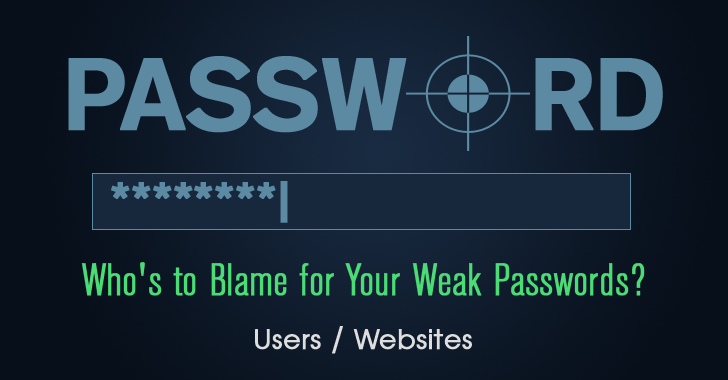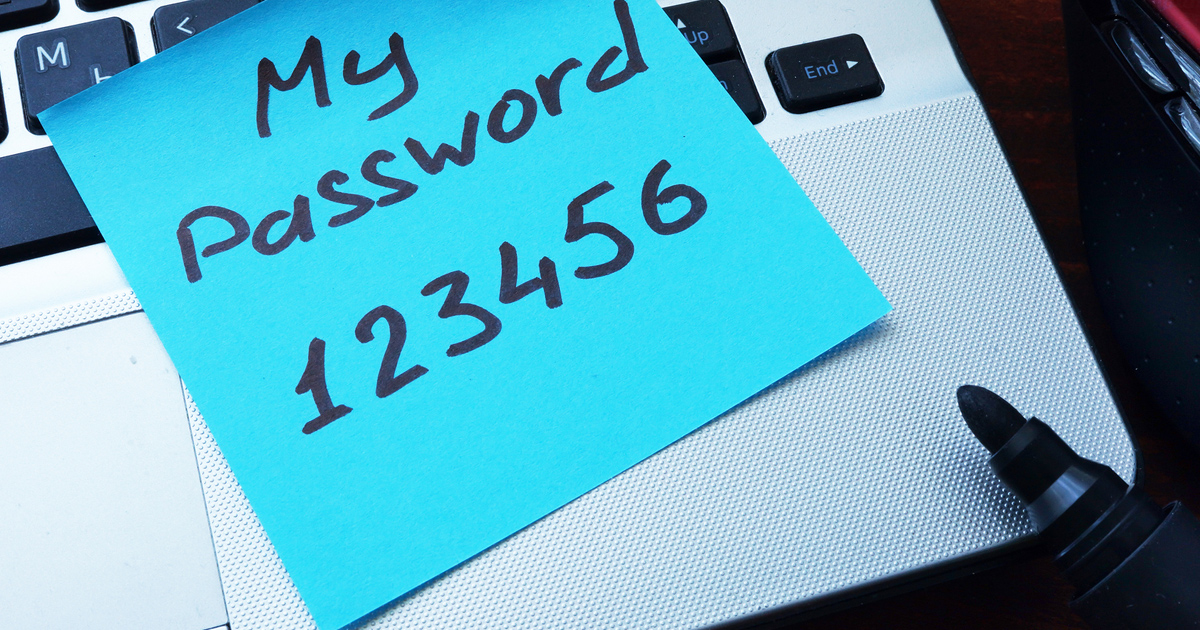

#Any password that can be memorized is a weak password crack
Password strength is directly related to how much computing power is required to crack the password. The bad news is that most of these are very difficult to remember without some help.

People using any of the above passwords will probably continue to use them until one of their accounts have been compromised, but for the rest of us who are serious about proactively protecting our data, the good news is that there are nearly endless number of hard-to-crack passwords that can be used. Looking at the top 20 list of passwords makes one thing clear: even though computing power has continued to grow to the point that a machine with a GPU costing no more than a few thousand dollars can crack most passwords in minutes, you don’t need a machine to readily guess most of the passwords listed above. That’s an astonishingly high number, considering the near endless combination of possible passwords that can be built with just 4 characters containing upper & lower case letters, numbers, and symbols. So much so that the 20 most commonly used passwords not only contain highly unsecure passwords like the word “password”, they also account for a whopping 10.3% of all passwords that are being used. But when you look at the most commonly used passwords, it becomes clear that too many of us in reality have a lackadaisical attitude towards the security of our passwords. Every news story about a data breach or stolen identity is a reminder of this need.

We all know we need to use strong passwords.


 0 kommentar(er)
0 kommentar(er)
